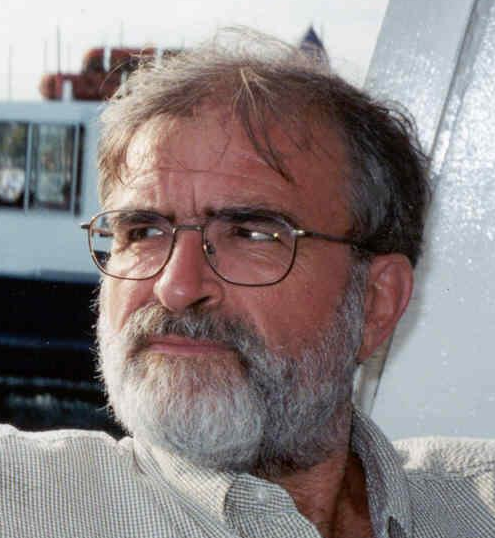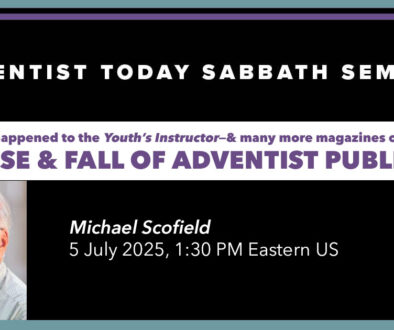“Seventh-day Adventist Responses to Branch Davidian Notoriety”
By Ronald Lawson | 21 January 2018 |
“Seventh-day Adventist Responses to Branch Davidian Notoriety” was published in the Journal for the Scientific Study of Religion in 1995. On Feb. 28, 1993, the Federal Bureau of Alcohol, Tobacco, and Firearms (BATF) carried out a raid on the compound of an urgently millenarian sect near Waco, TX to search for illegal weapons and to check out reports of child abuse by the sect’s leader, David Koresh. When, during an exchange of gunfire, four agents and six Davidians were killed, the sect was propelled into national newscasts for the next 51 days of standoff between it and, now, the FBI. After the failure of attempts to negotiate, the siege culminated in another raid, when the compound was burned to the ground and at least 75 Branch Davidians, including 25 children, were killed.
The news of the stand-off raised alarm among Adventist leaders, who feared damage to our church’s image. For example, many people don’t realize that the official name of the Waco group was “The Branch Davidian Seventh-day Adventists”. Although organizationally they were two steps away—a splinter from a splinter from Adventism—in fact almost every member had been recruited from Seventh-day Adventist churches. Since other Adventists were the Branch Davidians’ missionary target, it was their policy not to resign their memberships in the Adventist church, but to keep a connection with their previous congregations.
Moreover, their apocalyptic preoccupations, idiom, and paranoias, together with their observance of the Sabbath and their historicist approach to biblical prophecy, were clearly related to Seventh-day Adventist teachings. The official name of the Davidians led the media to turn to Adventists for information, which increased the fears of the church leadership.
Instead of providing it, they chose to hire, at a considerable cost, professional media consultants who were successful in distancing the Seventh-day Adventist church from the embarrassing Branch Davidians.
However, my research discovered weaknesses with this approach. The decision not to admit to obvious ties to the Branch Davidian meant that Adventists, who could have helped those trying to negotiate with Koresh—because of the shared use of a historicist approach to the book of Revelation—remained aloof. The FBI relied on a Baptist scholar at Baylor University, who was not helpful in understanding Koresh’s fascination with the seventh seal. This delayed understandings that could have ended the siege. Nor did Adventists realize that there would be so much public sympathy with those in the compound.I also discuss the key issue at stake for Adventists: why our leaders were, and are, so concerned about our image in society.
See also ‘25-Year Old Events in Waco Reenacted in New TV Drama Series.’
 Ronald Lawson is a lifelong Seventh-day Adventist, and a sociologist of urban conflicts and sectarian religions. He is retired from Queens College, CUNY, and now lives and works in Asheville, NC.
Ronald Lawson is a lifelong Seventh-day Adventist, and a sociologist of urban conflicts and sectarian religions. He is retired from Queens College, CUNY, and now lives and works in Asheville, NC.




